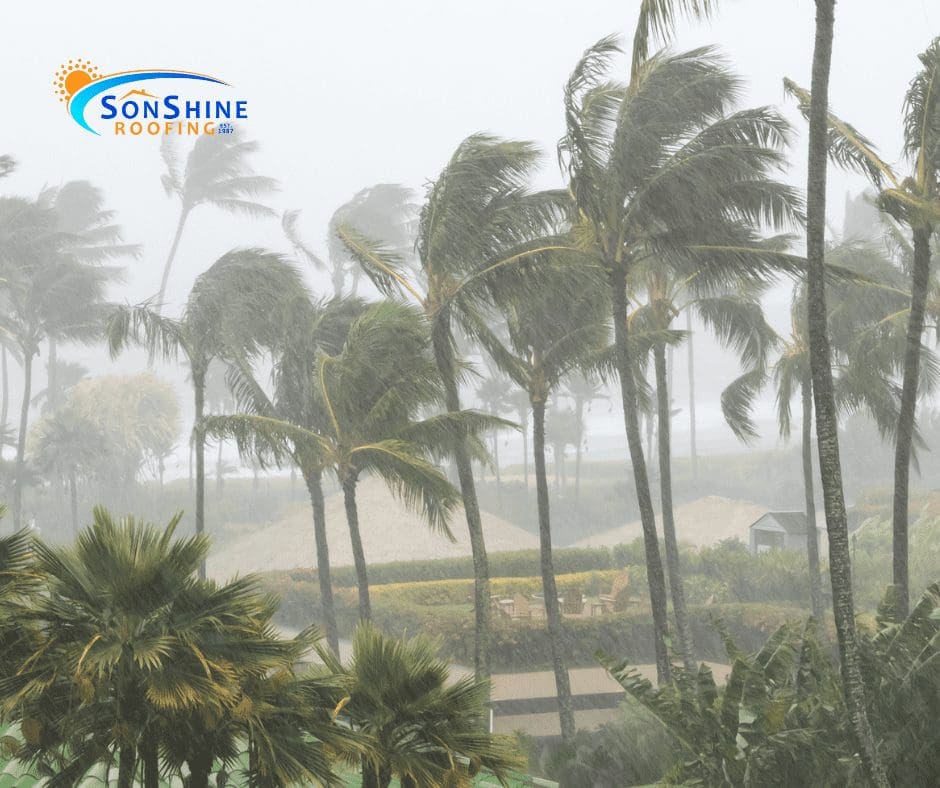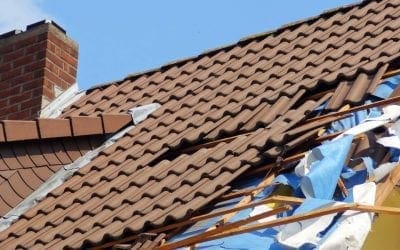On September 15, 2017, the Department of Business and Professional Regulation (DBPR) took a step towards protecting Florida’s consumers with storm related roof damage caused by Hurricane Irma. The DBPR issued an emergency rule (DBPR Number 2017-07396) based on Governor Scott’s declaration of emergency. Order 17-235 will remain in place will remain until rescinded.
While this sounds like a good thing, it may not be.
Unfortunately, these kinds of steps could cause more harm than good when it comes to a homeowner’s overall impact. Based on 40 plus years of experience, we’ve seen the effects of emergency rulings which have been far more detrimental than the hurricane damage itself. It is possible that the effects of this “emergency rule” could cost consumers far more in the long term.
We want homeowners well-informed so they can make good decisions now that will still be good later.
What is it about an “Emergency Rule” that causes more problems?
How can homeowners minimize further damage down the road?
To get more storm-related roofing repairs done sooner, this “Emergency Rule” allows two types of contractors to do storm recovery business which would otherwise be consider unlicensed and illegal activity.
First, it allows many general, building, or residential contractors, known as “Division I, contractors to perform re-roofing services.
Second, it allows county competency-based roofing licenses to pull permits for roof replacement, re-roofing, and roof repairs outside their local jurisdiction.
While not all out of town contractors are bad; these are often the ones referred to as “Fly by Night” or “Storm Chaser” contractors. They may not do the quality work you need. If they do a good job, they won’t be around afterwards because they are doing work outside of their normal area. Who will service your roof when they go back home?
Allowing additional contractors to pull permits does not instantly create more legal work force or ensure more materials availability.
This “Emergency Rule” could create a shortage of materials for the local contractors which will increase prices to the consumer.
It will also create unforeseen business for a group of contractors whose license does not genuinely meet Florida’s needs. And it often opens the door to all kinds of loop holes for subcontracting and unlicensed roofing activities.
While things may be legal, at least under this rule, they are not always the best process. It is well worth waiting for a local roofing contractor if possible.
What Should the Homeowner Consider After a Hurricane?
Even when considering all the negative effects created by this emergency ruling, people take a risk that ends up causing problems. They will do business with someone that is not a local contractor or someone not required to meet the standard requirements set by their local building department. Homeowners will complain about it afterward when they must pay to do it again.
At SonShine Roofing, we hope you are not one of them. We don’t want you to end up in that position.
Right now we are very busy, but the benefits for waiting far exceed the wait time. We understand it’s not always possible, but if you can, you’ll be glad you did.
Don’t get caught by storm chasers. Make sure you receive quality roof repair from a company you can trust. Someone who knows Florida’s roofing needs.
SonShine Roofing has been around for over 30 years and we are here to serve you for the long haul.



0 Comments